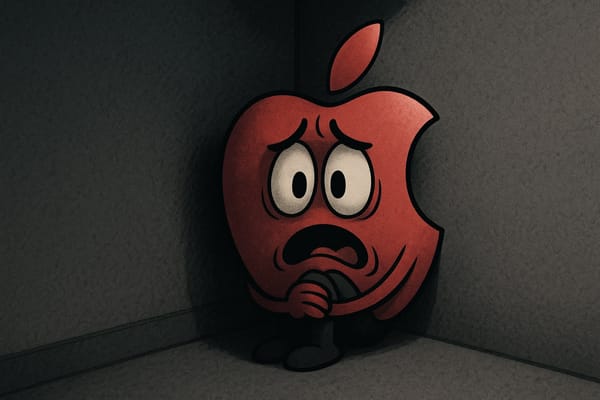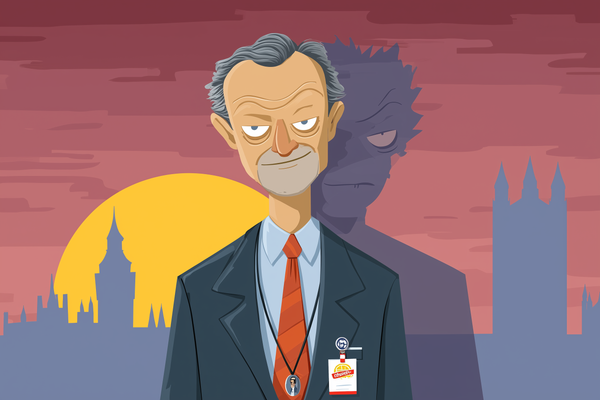Could imagination be an antidote to over-thinking?
Rumination, anxiety and over-thinking could well be products of the intelligent, analytical mind. So harnessing a different cognitive solution might help address the problem.

Are you, like me, a chronic over-thinker? Over the last 18 months or so, this had reached the point in my life where it's become a serious problem, and I've had to seek help. That professional assistance is certainly making things better, but I came across a couple of interesting pieces today that gave me another way of looking at things.
For example, this piece suggested that a tendency towards over-thinking might be something a be a wee bit proud about:
After coaching thousands of people, St. John found that people who overthink are usually very intelligent and possess incredible analytical skills. “They typically are thinking 100 steps ahead,” she says, “instead of one to three steps ahead.”
That's Laura St. John, a mindset coach. Thanks, Laura. I needed that mild ego boost. But, I need to acknowledge that aspects of my mental makeup might be contributing to the problem.
The narrative trap
Tellingly, the problem is associated with those who most strongly seek to draw narratives from the chaotic events of our everyday lives. Like, oh, say, journalists and bloggers?
Ooops.
Joe Oliver and Kristy Potter, both clinical psychologists, explain:
The mind is also a storyteller. It excels at making sense of complex information quickly, even if it means oversimplifying or jumping to conclusions. This ability helps people make decisions, but it also leaves one vulnerable to cognitive distortions. For instance, if someone looks at their life so far and comes to believe that they are ‘a failure’, they might hold tightly to this story about themselves, even in the face of strong evidence to the contrary. Why would someone do this, especially when it causes them pain? Because coherence, the feeling that the story ‘fits’, often matters more to the mind than accuracy. The mind prioritises keeping a story intact over questioning whether it’s actually true.
They propose a different solution to those I've seen before. In essence, rather than debating that critical voice in their heads, and thereby giving it power and attention, you should try to discard it, because it's blocking you from the life you want to live. It's not that the thought is wrong, it's that it's unworkable:
For example, the thought ‘I’m not good enough’ might feel true, especially if it echoes how you perceive your past experiences. But if this thought leads to self-doubt and avoidance (not engaging with a new hobby, skill, friendship, etc), it’s not workable. That is, it is not helping you live the life you want, nor is it moving you toward what is important to you. Instead of debating how true or untrue the thought is, you can recognise that it is not serving you – and decide to respond to it in a different, more skilful way.
Much of the rest of the advice in the Psyche article is familiar (I've been having CBT for similar issues for the last few months), that idea of unworkability is appealing. Something to try.
Stop focusing on problems, dream of outcomes
This idea of escaping the over-thinking loop by visualising what you want from life, and focusing on that rather than the problem is expressed in a different way by St. John:
The next strategy is to swap out the adverse result you are stuck on with a more positive or ideal one. “You’re already using your imagination — likely to worry about a negative outcome,” St. John says. “Why not steer that entire process into creating what you want instead? … Why not overthink and spend the same time mulling over all the possible ways things can work out for you?”
Again, it requires a positive effort in the brain which, from experience, I know can be tiring. And when you get tired it can be harder to do.




